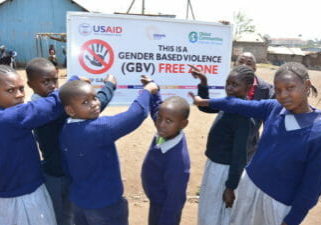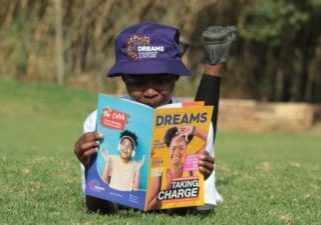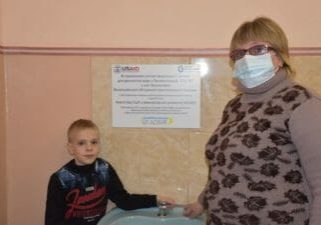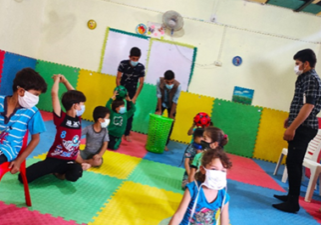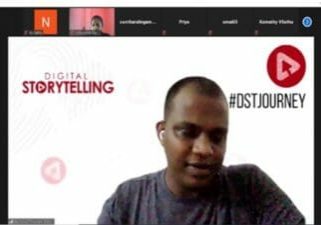News > Blog
VIP: Ali Blumenstock, ANDA Program in Colombia
Published 01/10/2018 by globalcommunities
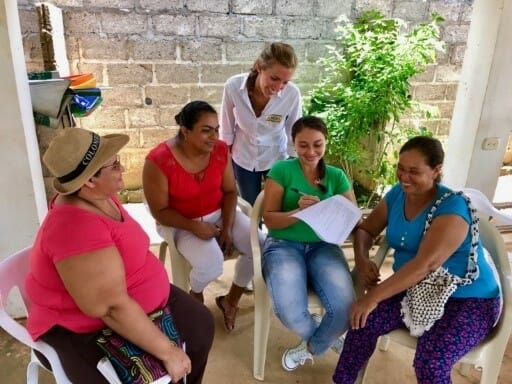
VIP: Ali Blumenstock, Monteria, Colombia: Addressing Environmental Issues One Community At a Time
May 30 to August 11, 2017
Global Communities’ ANDA Program is based in Monteria, Department of Cordoba, Colombia. In Spanish ANDA means ‘to go forward’ and it was established in 2013 with the aim of reducing poverty and improving the quality of life for vulnerable populations and victims of forced displacement. Many people in ANDA’s partner communities have been displaced several times over the last few decades due to Colombia’s internal conflict, and some communities in Cordoba are entirely new – composed 100% of displaced persons. The program works in 42 rural communities which face countless environmental difficulties – from contaminated water to disposal of trash and solid waste to draughts and floods. To help communities mitigate risk caused by these disasters, this year ANDA has started a new one-year component focused on issues of environmental resilience.
Ali Blumenstock, Georgetown University Master Candidate at Global Human Development program, joined the Global Communities Colombia team in the summer of 2017 to help develop a baseline and collect information to assess the level of knowledge of partner communities. Ali said: “This has been a learning experience…Understanding communities’ baseline knowledge of environmental resilience and risk management has been a process of learning and adaptation, including several itineraries of surveys, focus group questions, and informal conversations.”
Field conditions are not easy. To drive to ANDA communities, it takes two hours by paved road and another half to one and a half hours by dirt road from Monteria – surrounded by kilometers upon kilometers of green fields and rolling hills spotted with thousands of cattle (Monteria is known as the ‘Cattle Capital of Colombia). Following the development of baseline methodology, Ali’s task was to introduce the new component to partner communities and to collect information needed to assess their level of knowledge. With this information, the ANDA team would design and tailor program interventions. For Ali, both felt like ‘intimidating tasks’ given the number of participants, language, and logistics challenges.
The rural communities in Monteria are particularly vulnerable to climate change and environmental threats, as they lack basic infrastructure to mitigate risk, and do not have the knowledge and tools to adapt their livelihoods to climate shocks. Through group conversations and using the PACE (Participatory Action for Community Enhancement) method, ANDA communities identified a critical need to better understand how climate change impacts their daily lives, allowing them to develop tools and methodologies to manage their resources to become more environmentally resilient. What Ali found in the course of her summer internship was that community members generally understood that if ‘business as usual’ continues, their environment will worsen – yet they are still not sure how they can adapt or change their practices. ANDA will work with the communities to help overcome this paradigm by building a Communications Strategy based on findings from the baseline.

